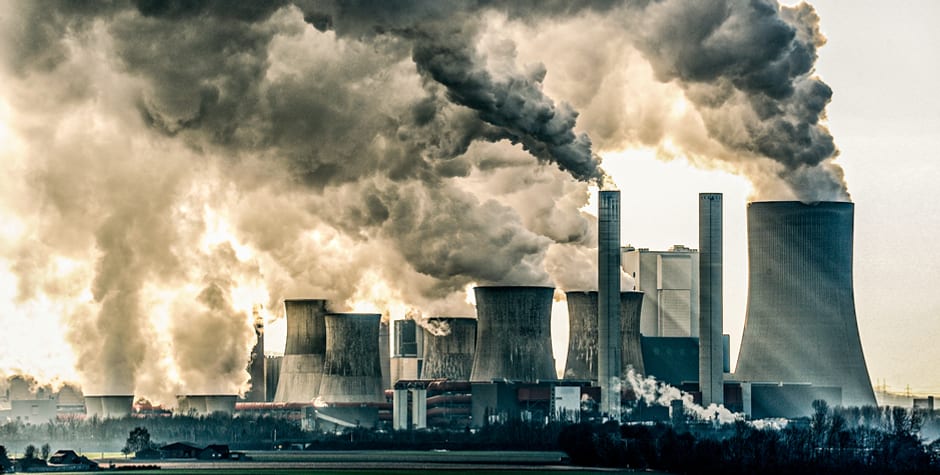European Energy is in Crisis
Last week, Putin did exactly what many of us have been warning Europe he would do: he shut off Europe’s supply of gas. The action is retaliatory in nature, as the EU is about to announce a price cap on Russian gas. Now with the winter months looming, Europe will finally be forced to face up to its unsustainable energy model.
The European energy system thus far has been a strange, even contradictory, partnership of domestic green energy initiatives combined with a reliance on Russian gas to pursue them. Germany is a key example. Between 2013 and 2020, the nation with Europe’s largest economy spent $202 billion euros on green energy initiatives. As a result, “renewable” sources of energy accounted for 41.1% of its energy production by 2021.
That number does not tell the whole story, though. Renewable energy sources, such as solar and wind, depend necessarily on the weather and are therefore not consistently reliable. They can certainly be beneficial in backing up a power grid, but cannot form the backbone of a country’s domestic energy industry. This was true in Germany, and it’s why the same year it was able to achieve those numbers, Germany was also reliant on Russian gas to supply 55% of its energy needs. That is why Germany continued to import Russian gas even after the war in Ukraine started, in an effort to stockpile gas in preparation for Putin shutting off its tap according to his whims. Now that the Russian supply has been shut off, Germany finds itself in an energy crisis, much like its EU partners, with winter fast approaching.
This is why we in the Trump Administration encouraged Germany and other EU nations to get off Russian gas, and why we worked to block the Nordstream II pipeline. For Putin and the Kremlin, there is no separation between trade and economy on the one hand, and political and military power on the other. We knew that Putin is absolutely willing to use all the tools at his disposal – domestic, military, political, espionage – to secure his interests and that of his regime.
It is why, too, we worked to make the United States energy independent. This not only freed the American people from reliance on foreign energy, it also gave us the capacity to help our friends become independent as well. But the Biden Administration led the way in sacrificing our energy independence taking Europe down with it. Had the Biden Administration not taken American energy down the same disastrous path as European energy, today America would be in a strong position to help our friends meet their energy needs in spite of Putin’s actions. Instead, Joe Biden continues to drive up energy prices by throwing taxpayer dollars at costly green initiatives, while he begs foreign oil cartels to increase their production so that the American people can afford to put gas in their cars. America must learn from Europe’s mistakes, not follow its example of failure.
The crisis of Green energy in Europe extends beyond Russian gas, though. It is a systemic cancer that has metastasized across Europe’s economic model. Blinded by their devotion to green climate goals, the vacuous bureaucrats in Brussels seek to cut nitrogen emissions across the EU in half by the year 2030. This has, in turn, led to stringent restrictions (which will go into effect in 2026) on how much manure farmers may use. It is not an overstatement to say that such restrictions will wreck Europe’s agricultural industry. In just the Netherlands – the second-largest food exporter in the world – roughly 18,000 farms will be devastated by the restriction. The war in Ukraine already has put enormous pressure on global food markets; further, intentional disruption due to absurd regulations can only be described as suicidal. Dutch farmers have rallied against the restriction, but we should not expect the Dutch government to put their own people’s interests above those of the globalist elites in Brussels. Food security, like energy security, is national security, but the US and Europe appear willing to sacrifice that to the climate gods.
We must do all we can to ensure these policies do not take hold here in the United States. A devotion to green energy policies, with the similar side effects of energy dependence and economic suicide, are already quite clearly nested in Team Biden’s Inflation “Reduction” Act, which allocates more resources to green-energy initiatives than it does to actually reducing inflation. We have to elect leaders this November who will champion American energy, particularly oil and gas, so that we can get back to energy independence and help our allies do the same.
